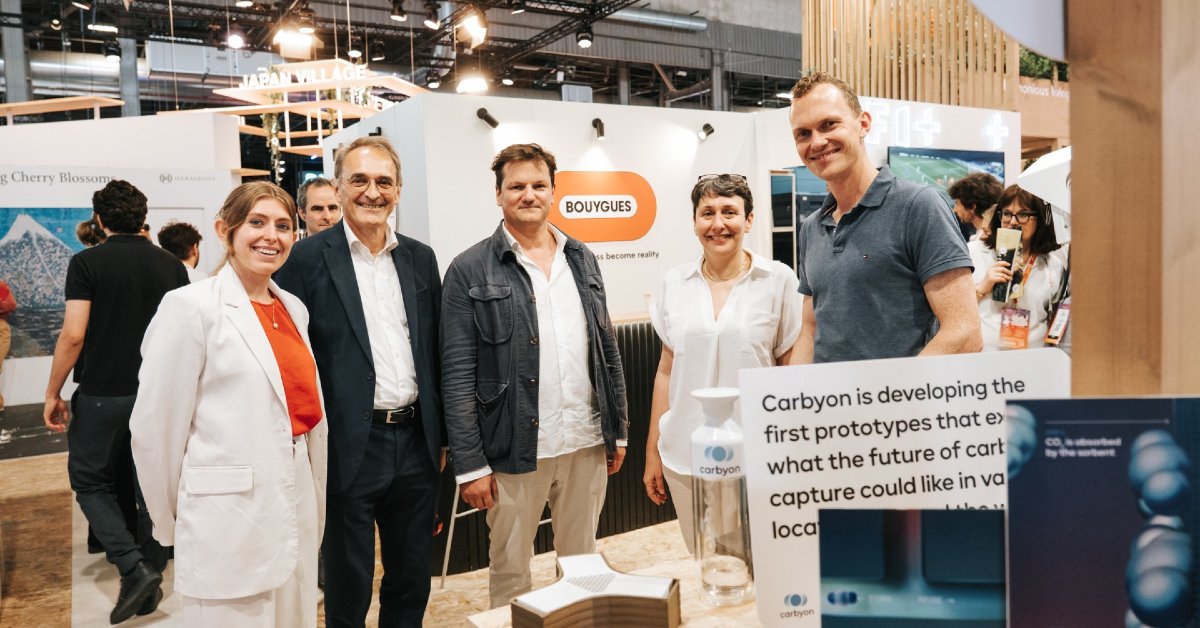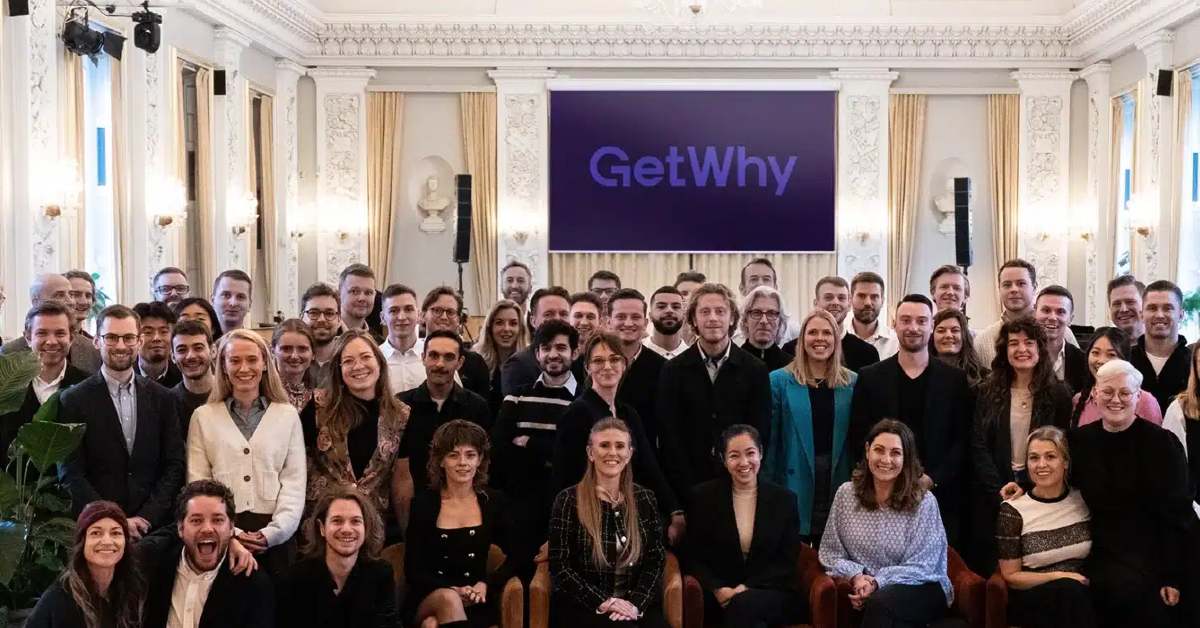LeydenJar Technologies (LJT), a spin-out venture from ECN (Energy research Centre of the Netherlands) obtained €1.5 million in new funding to fast-track its battery innovation technology. The company will use the funding proceeds to develop a battery prototype fit for use in consumer electronics.
The Leiden-based startup has replaced graphite anode of a battery cell with a 100% silicon anode. In its simplest form, a battery consists of an Anode which gives it a negative charge, a cathode which gives positive charge, and the electrolyte. This helps generate up to 50% more energy density in Li-ion battery cells.
A market ripe for disruption
The adoption of electric vehicles depends on advancements in lithium-ion battery production. This makes battery industry a perfect market ripe for disruption by new players. LeydenJar realizes this potential and has tried to address the core problem, that is Graphite’s limited capacity in the number of lithium ions it can bind, thereby limiting battery energy density. It has essentially replaced the Graphite anode with Silicium anode, hence, enabling Lithium-Ion battery cell to store up to 50% more energy.
The technology
The company explains its technology as follows:
It is based on plasma depositioning (PECVD) of nanostructured silicon pillars directly on copper foil. Benefits include up to a tenfold increase in capacity versus existing graphite anodes, mechanically stable during many cycles based on the porous nature of the material, and with the potential for rapid industrialization based on existing PECVD technology currently installed in the Semiconductor- and PV industry.
Currently, LeydenJar is tackling four key challenges:
- Optimizing the commercial thickness of the anode
- Finding and fitting the best electrolyte
- Proving our technology in pouch cells with > 100 cycles
- Creating manufacturing readiness and preparing our base plant
Brians behind the company
Christian Rood and Gabriel de Scheemaker co-founded LJT in 2016. Christian is a graduate of IMD (International Institute for Management Development), a business education school located in Lausanne, Switzerland. Gabriel studied at IMD and Harvard Business School and serves as the managing director of C-Ventures, a Netherlands-based venture capital firm.
“272 years after the invention of the Leyden Jar, another Dutch invention will greatly impact energy storage solutions. In our development trajectory, we work closely together with top-notch Dutch and German research institutes, the European battery industry, and our financial partners. This round of funding allows us to take significant steps in improving lithium-ion batteries over a short time span, making use of a process that is fit to use in current Li-ion battery production facilities,” said Christian Rood, co-founder LeydenJar Technologies.
Funding breakdown
LJT received its seed funding in 2016. Other participants in the current round of investment also include Proof-of-concept fund UNIIQ, BOM Brabant Ventures, and private investor Energy Professionals investing a lump sum of €550.000. The company also raised TKI-subsidy with partners TU Delft and ECN in the final quarter of 2017. It also received a subsidy from Metropole Region Eindhoven.










01
From telecom veteran to Dutch Startup Visa success: The Jignesh Dave story